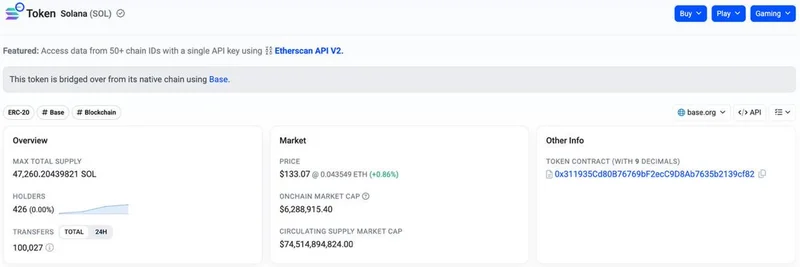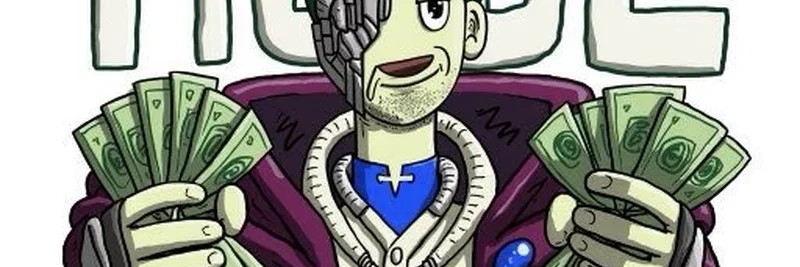Hey there, crypto enthusiasts! If you've been around the blockchain space for a while, you know that Initial Coin Offerings (ICOs) were once the wild west of fundraising—chaotic, exciting, and often a recipe for disaster. Well, buckle up because they're making a comeback, but with a modern twist. A recent thread from crypto analyst hitesh.eth (@hmalviya9) on X has sparked a lot of buzz, highlighting Coinbase's acquisition of Echo as a major signal. As someone who's covered the ins and outs of meme tokens here at Meme Insider, I'm diving into what this means for the meme coin world and why you should proceed with caution.
The Big Signal: Coinbase Snaps Up Echo
Let's start with the news that's got everyone talking. Coinbase, one of the biggest names in crypto, just acquired Echo, an onchain capital raising platform, for a whopping $375 million. Echo isn't your grandma's ICO platform—it's designed for structured, onchain fundraising where communities can pool investments and founders get more flexible options for capital formation. This move isn't just about business expansion; it's a nod to a shifting meta in how projects raise funds.
In his thread, hitesh.eth points out that back in the day, ICOs were all about racing to get your transaction through amid skyrocketing gas fees. It was luck over strategy. Now, things are more refined: you commit funds, and bigger commitments often mean bigger allocations at the Token Generation Event (TGE). If the token pops post-launch, those with deep pockets reap the rewards. Think of it like a VIP lounge for whales and VCs.
The Plasma Effect and the Retail Trap
hitesh.eth references Plasma as a prime example. Plasma, a high-performance layer-1 blockchain focused on stablecoins, recently launched its XPL token and debuted at a massive multiple of its ICO price, handing out millions in airdrops and surging 52% right out the gate. It's successes like this that could fuel the hype train, conditioning retail investors to chase the next big thing.
But here's the rub—and this is where it hits close to home for meme token fans. Meme coins thrive on community hype, fair launches, and viral momentum, often without traditional fundraising. However, if ICO mania takes off, retail folks might start selling their meme bags at a loss to free up capital for these "guaranteed" wins. hitesh.eth warns of a dangerous pattern: borrow on platforms like Aave, leverage stables, and dive in—only to watch the token dump below ICO price. Sound familiar? It's the same FOMO (Fear Of Missing Out) that drives meme coin pumps and dumps, but with higher stakes.
For the 95% of the market that's retail, this isn't empowerment; it's extraction. VCs and funds, stung by underperforming investments this cycle, are repositioning to capitalize. Meanwhile, smaller players get left holding the bag. As hitesh.eth puts it, "The mechanisms of extraction keep evolving, from ICOs to IDOs, from airdrops to points farming, but the flow of value always tilts toward those who already control the capital."
What Does This Mean for Meme Tokens?
Meme tokens have carved out their niche with decentralized launches on platforms like Solana or Ethereum DEXs, where anyone can jump in early without whale-sized commitments. But if structured ICOs become the norm, we might see a ripple effect:
Liquidity Shifts: Retail selling alts (including memes) to chase ICOs could drain liquidity from sustainable meme projects, leading to more volatility.
Hybrid Models: Some meme creators might experiment with Echo-like platforms for "fairer" raises, blending community vibes with structured allocations. Imagine a meme token with tiered commitments—could it kill the fair launch spirit?
Psychological Impact: The addiction to "easy money" metas is real. We've seen it with meme coin supercycles. If ICOs deliver a few more Plasma-level wins, expect FOMO to spill over, pushing people to leverage up and risk it all.
Replies to the thread echo this sentiment. One user shared losing money twice by selling bags for a hyped ICO that tanked. Another called it "capital extraction favoring the already capitalized." It's a reminder that while memes are fun and community-driven, the broader crypto game often isn't.
Staying Smart in the New Meta
Awareness is key, as hitesh.eth concludes. Don't let greed cloud your judgment. For meme token hunters, stick to what works: research the community, check for real utility (even if it's just laughs), and avoid selling winners to chase ghosts. If you're eyeing ICOs, remember they're often rigged for big players—higher capital means better odds.
This revival could inflate expectations and destabilize markets if unchecked. But with tools like onchain platforms, there's potential for more inclusive fundraising. Keep an eye on projects like Plasma (plasma.to) for how this plays out.
What do you think—will ICOs boost or bust the meme token scene? Drop your thoughts in the comments, and stay tuned to Meme Insider for more on the latest in blockchain antics. Let's navigate this cycle smarter together!


